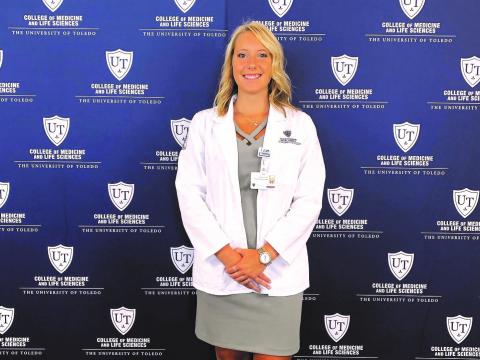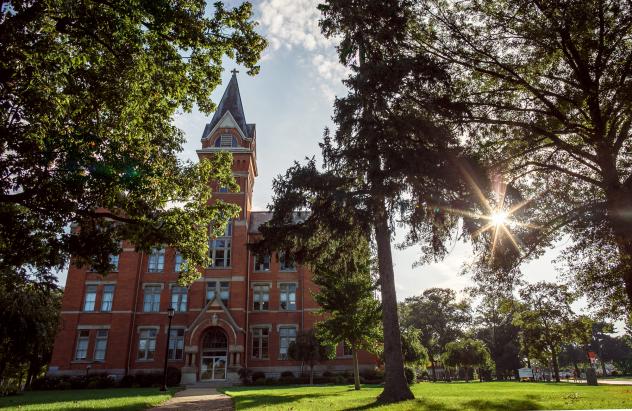Physician assistants work in all areas of medicine, including primary care and family medicine, emergency medicine, surgery, and psychiatry. The work of physician assistants depends in large part on their specialty or the type of medical practice where they work. For example, a physician assistant working in surgery may close incisions and provide care before, during, and after the operation. A physician assistant working in pediatrics may examine a child and give routine vaccinations.
Most students accepted into a PA program have completed a baccalaureate degree and have at least three years of healthcare experience. Depending on the program, students may be eligible to apply to the PA program of their choice after completing at least 2 years of college pre-requisite courses.
Common pre-requisite coursework for acceptance in PA programs are: Anatomy & Physiology I & II, General Chemistry I&II, Organic Chemistry I&II, Microbiology, Genetics, and Statistics. Specific requirements for each program can be found on the Physician Assistant Education Association's website.
Courses
Below are the course requirements for the Pre-Physician Assistant Concentration:
This does not replace official academic requirements in the university catalog. Enrolled students will work with their faculty advisor to ensure they meet all the requirements of their major.
Required:
- HSC 110 Foundations of Prof. Practice
- HSC 171 Acute Care of Injury & Illness
- HSC 150 Medical Terminology
- MTH 119 Statistics I
- PSY 101 General Psychology
- BIO 123+lab Biology I
- ESS 306 Nutrition
- ESS 240 Community Health
- CHM 111+lab General Chemistry
- PSY 205 Lifespan Development
- HSC 213 Anatomy for Orthopedic Assessment
- ATR 171: Acute Care of Injury & Illness
- ATR 213: Anatomy for Orthopedic Assessment
- HSC 290 Applied Pathology & Pharmacology
- PHY 101+lab General Physics I
- HSC 390 Applications of Professional Practice
- BIO 363+lab Human A&P I
- BIO 364+lab Human A&P II
- HSC 370 Internship
- HSC 490 Research Methods
- HSC 425 Healthcare Seminar
- HSC 487 Exercise Physiology
- HSC 477 Kinesiology
The vast majority of the prerequisite courses required to apply to the previously listed professional programs are embedded into the HSC major and concentration. There are a handful of courses outside of the major and concentration that students will need to complete before applying to the respective graduate program. Common examples are as follows:
- Physical Therapy: Physics 102+lab & Chemistry 112+lab (General Chem. II)
- Occupational Therapy: Psychology 209 (Abnormal Psy), Sociology 100 (Intro to Sociology)
- Athletic Training: All prerequisite coursework satisfied within the major/concentration.
- Nursing & Chiropractic: prerequisites vary greatly across institutions. Our Pre-Health Advisors will work with students individually to determine a specific 4-year academic plan to meet your professional goals.
***Please note that pre-requisite requirements can vary from institution to institution, and your advisor will work with you to determine how best to meet the prerequisite requirements for each institution***
For a more detailed academic schedule, or to ask questions about any of our majors, contact the Admission Office at admission [at] heidelberg.edu or (419) 448-2330.

At Heidelberg I was given the opportunity to not only study the anatomy from a cadaver, but also dissect one as well. There are very few students in my PA program with me that had the opportunity to dissect a cadaver. This was a huge advantage for me in this program. Pam Faber has one of the strongest anatomy and physiology courses I’ve heard of when comparing them to my current classmates courses.



